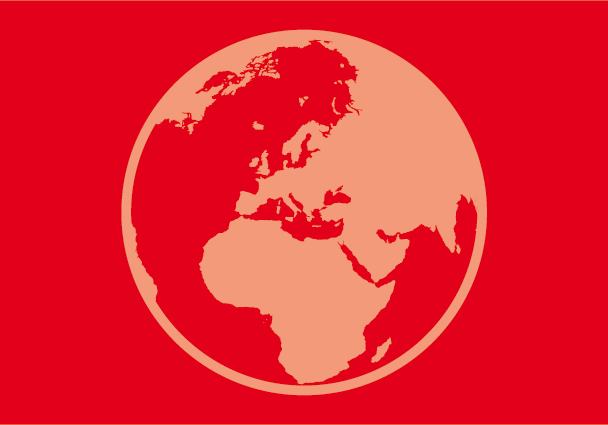The ICJ is alarmed at a decision of a US federal appellate court effectively allowing the Government to deprive persons detained during counter terrorism operations of fundamental human rights and legal protections.
A three-judge panel of the Fourth Circuit Court of Appeals ruled Wednesday that Yasser Esam Hamdi, as an “enemy combatant”, may be detained at least until the ending of hostilities, i.e, virtually indefinitely, without access to a lawyer or the capacity to challenge judicially the grounds for his detention. The ruling leaves Mr Hamdi, a United States citizen, without any legal protection under international or humanitarian or human rights law or the United States Constitution.
Mr Hamdi, was born in the United States but had been a resident of Saudi Arabia. He was detained in Afghanistan during United States military operations in late 2001.
Under the ruling, Mr Hamdi, and similarly situated persons may be assigned the ill-defined status of “unlawful” or “enemy combatant” by summary declaration of the United States Executive. Once so designated, the Government may arrogate to itself authority to disregard legal rights and protection normally accorded detained persons.
According to ICJ Secretary-General Louise-Doswald Beck: “The judges appear to have ceded their responsibility both to review the legality of government behaviour and to protect individual rights. While a Government may limit certain human rights during states of emergency, the court here is allowing the Government to do so in a wholesale and sweeping fashion, without meaningful judicial review.”
The Court determined that basic human rights, as provided under the United States Constitution, may not be invoked by an “enemy combatant.” This decision has no basis in international law. Even under a state of emergency, which the United States has not in any event declared, certain rights remain inviolable, including the right to petition for habeas corpus.
Mr Hamdi also has been denied humanitarian protections provided under the Third Geneva Convention. Under its express terms, if the Government harbours any doubt as to whether the protections of the Convention apply, it is up to a competent tribunal to make a determination on the matter. Although acknowledging this requirement, the federal appellate court declined to judge the United States in breach of the Convention on the ground that under US law Mr Hamdi does not have the right to petition.




